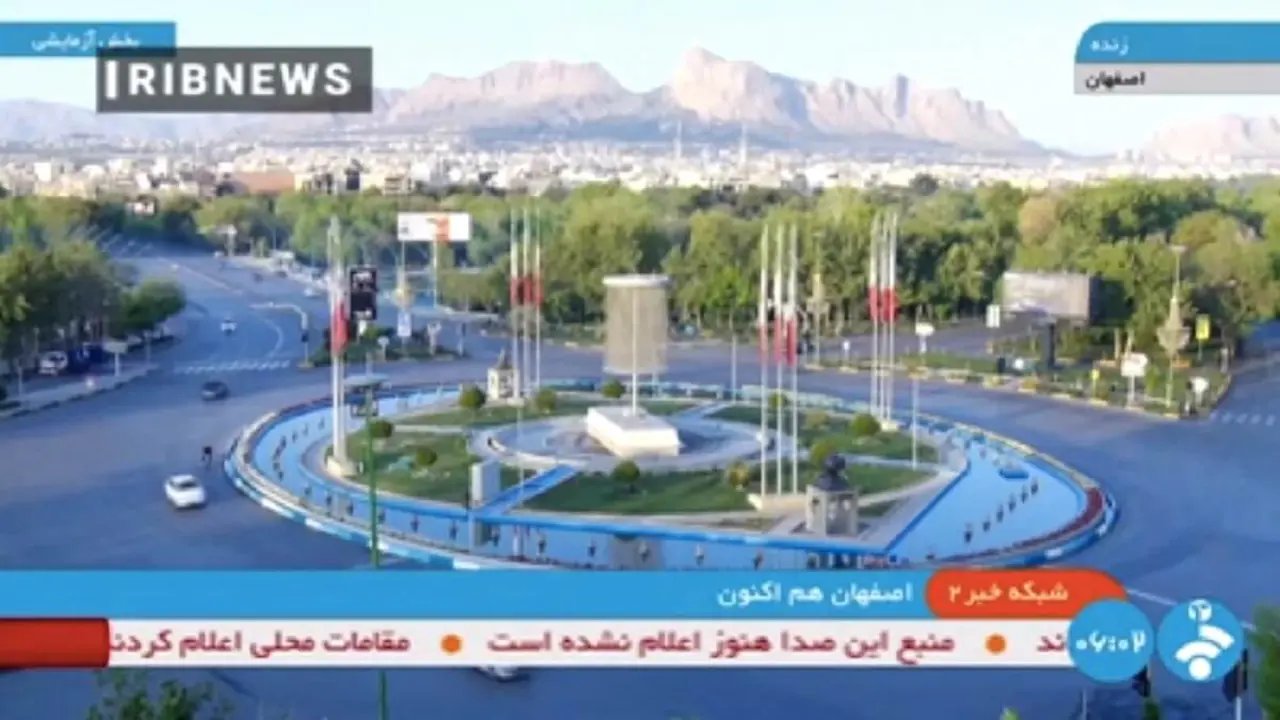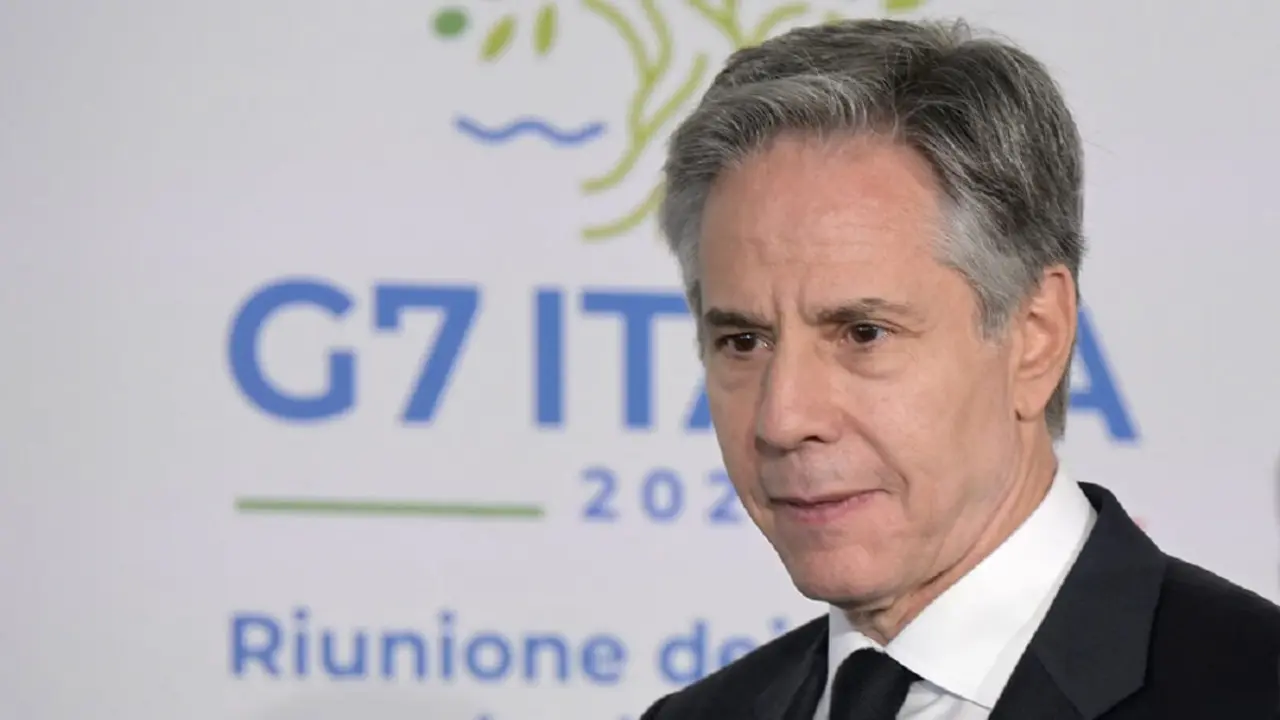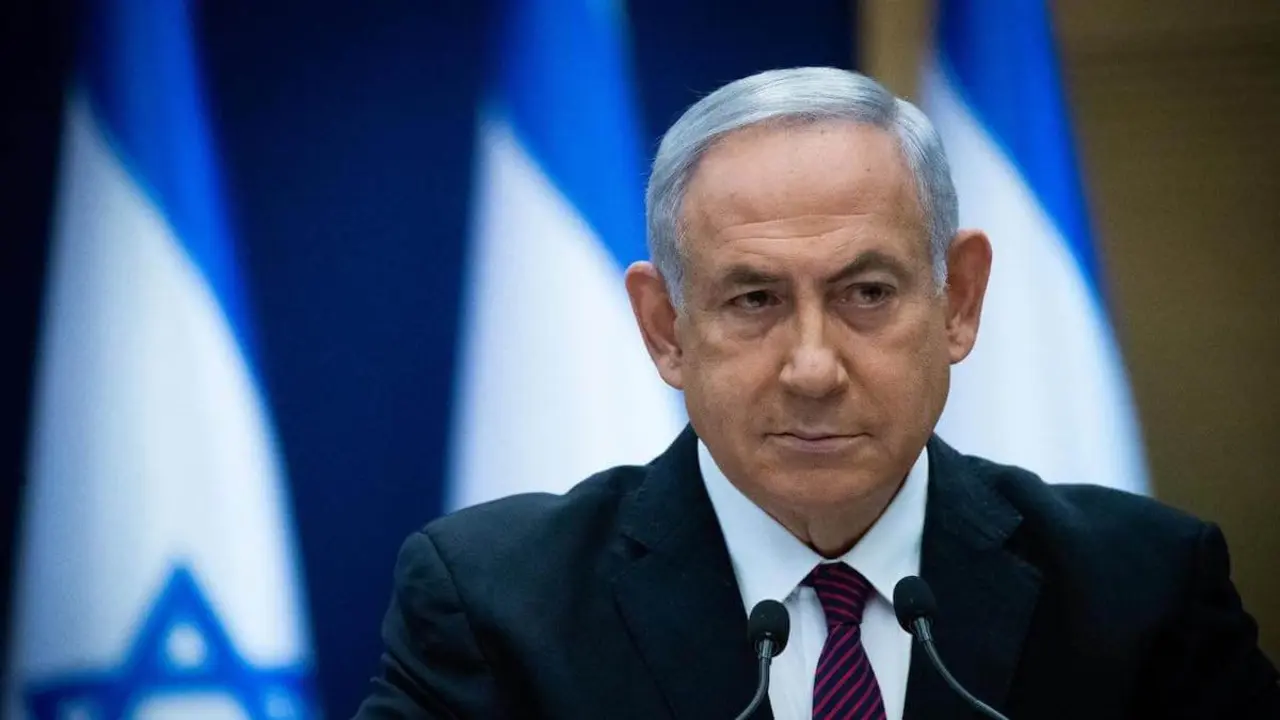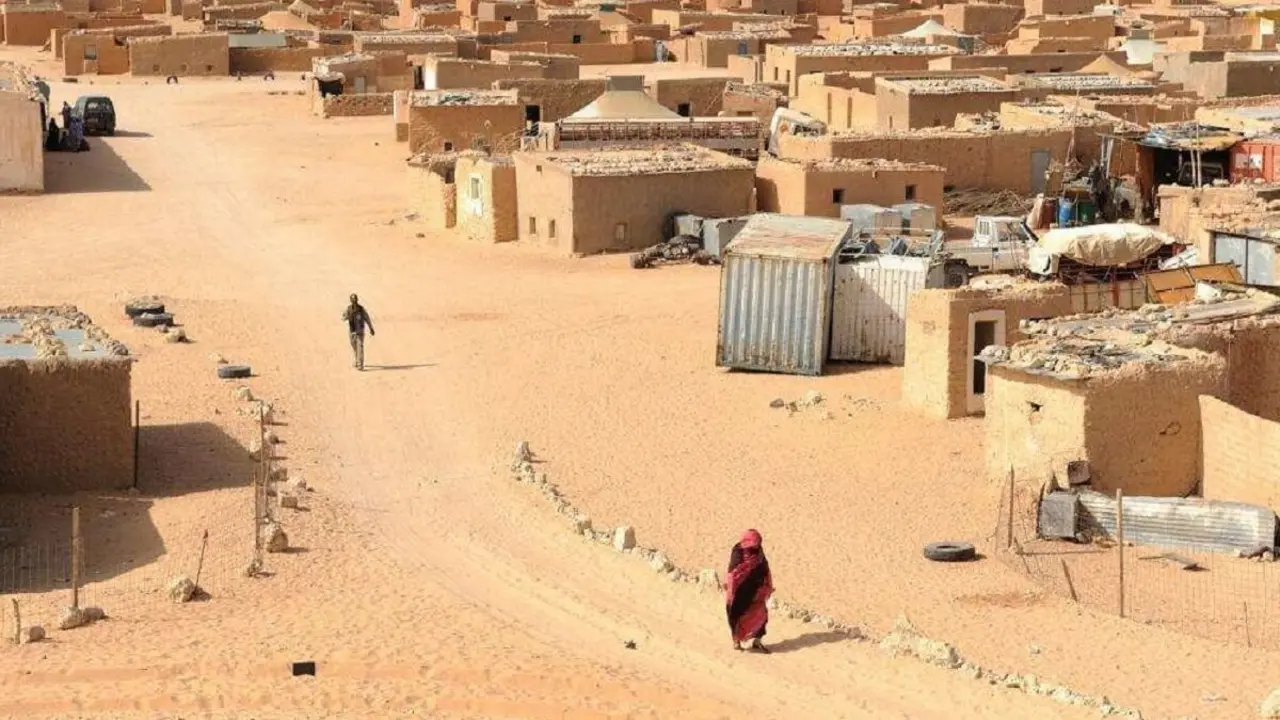Where will Erdogan look to in his new term in office?
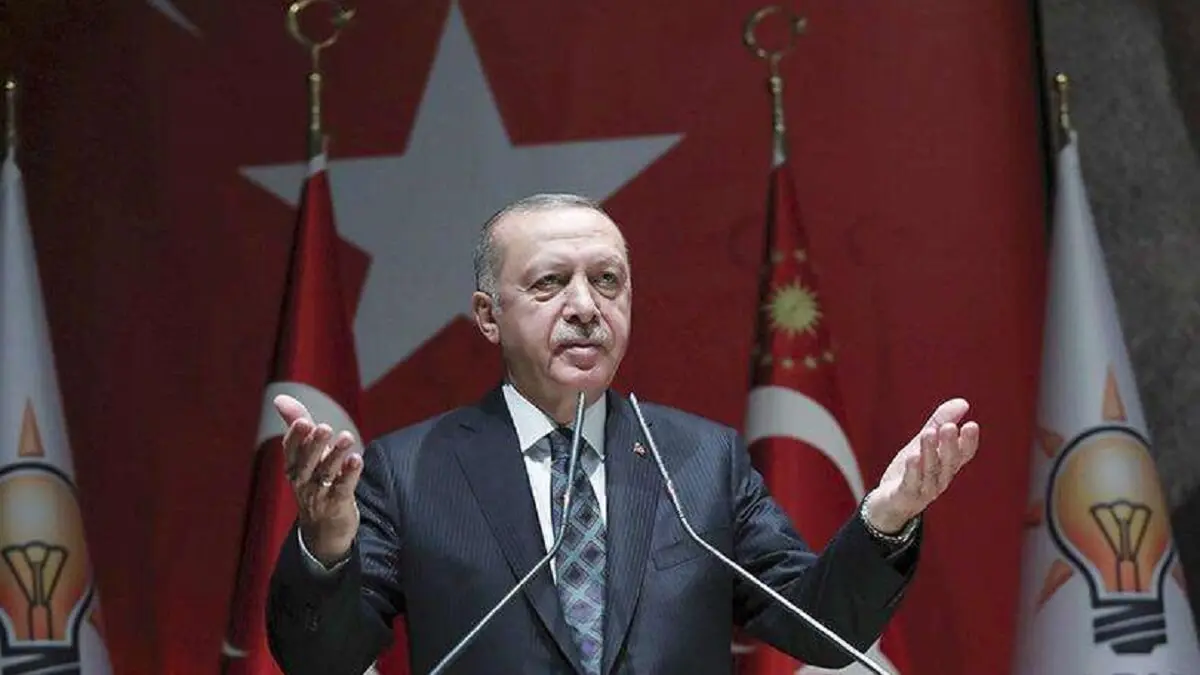
Recep Tayyip Erdogan, winner of Turkey's last close presidential election, began his national mandate in 2003 as prime minister, although he had previous experience in politics as he was mayor of Istanbul in 1994. In 2014, he became Turkey's president, a position in which he had little power. The leader of the Justice and Development Party, which he created, decided in 2017 to impose his will through a constitutional change that would eliminate the post of Prime Minister and give more authoritarian power to the President. This drew widespread criticism for having taken away the weight of parliamentary control.
Erdogan continues to win elections mainly because he has succeeded in making Turkey not only a regional but also a global power that is able to assert itself in NATO and at the same time make its word heard by the Kremlin.
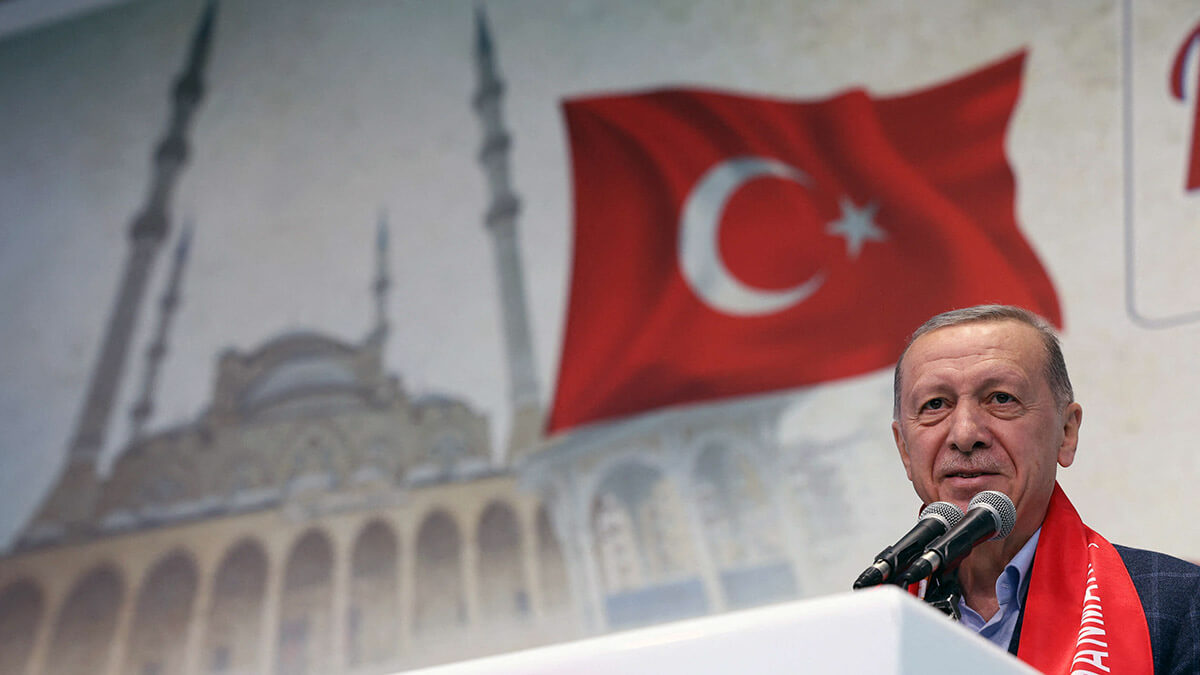
Following the privatisation of state-owned enterprises and the adoption of liberal measures that attracted foreign investment, Turkey started on the road to unstoppable development until the pandemic struck. Although the country is suffering a severe economic crisis due to inflation and the February earthquakes that killed more than 43,500 people and damaged millions of homes and businesses. Widespread discontent over mismanagement of the recovery of earthquake-devastated areas has taken its toll at the polls. It was the closest election since the current president came to power 20 years ago.
The Turkish leader has been characterised by his defence of Turkish-Islamist values. His populism, his marked authoritarianism by imprisoning opponents and his reinforcement of national identity have created what has come to be called neo-Ottomanism in reference to the extension of the Ottoman Empire. This is reinforced by the international policy of the leader of the Justice and Development Party to intervene militarily in countries such as Syria and Libya and to have the ability to influence other countries regionally and globally. This was clearly seen in 2020 when he threatened the EU to open its borders to Syrian refugees by opening the borders with Greece and breaking the agreement it has with the EU on migration. For the EU, Turkey is an indispensable partner. Since 2016, with the Syrian refugee crisis, the EU agreed with Turkey that it would stop the arrival of refugees in Europe in exchange for more than 6 billion euros, and despite the diplomatic crisis in 2020, this agreement was renewed in 2021. Despite this, relations between Europe and Ankara have cooled and tensions have risen especially with Greece.
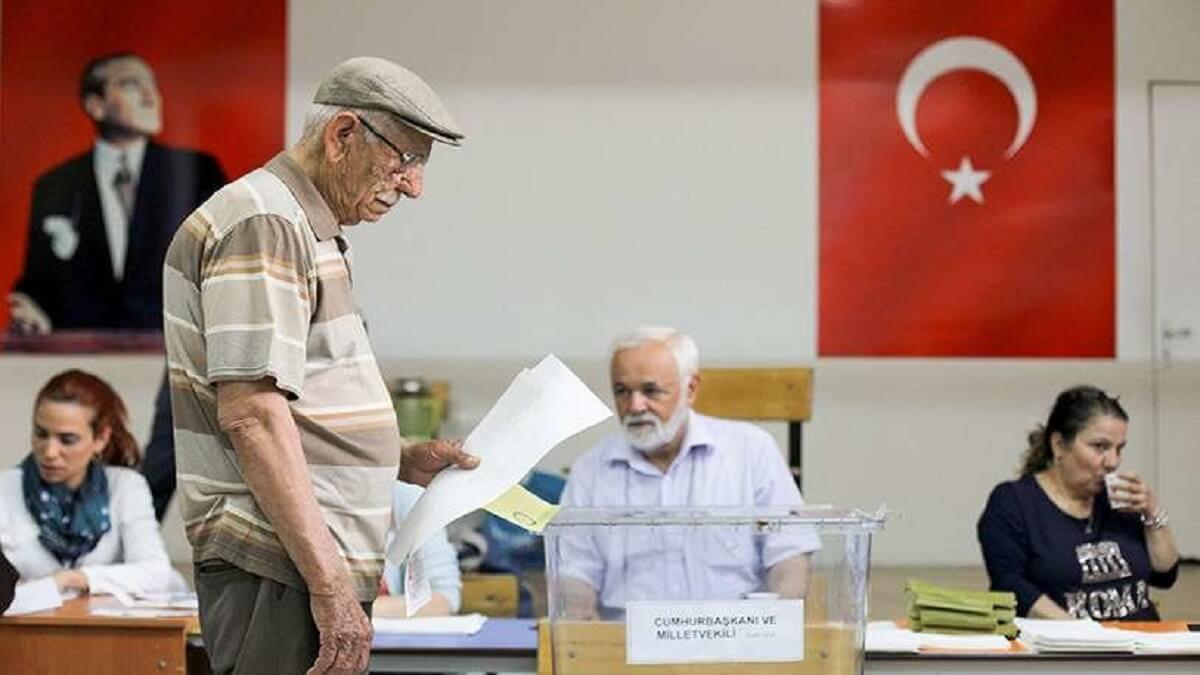
Syrian migrants have been a hot topic of debate this election. Both main candidates promised to return millions of refugees to Syria. Erdogan has already launched a voluntary return plan to Syria and more than half a million Syrians have decided to return home. The Turkish population, after almost a decade of hosting more than three million refugees, wants Syrians to return home. This sentiment has grown because of the crisis the nation has been experiencing for years. The problem is that not all refugees are able to return. Amnesty International published a report with testimonies of Syrians who returned voluntarily and were tortured by the regime in 2021. Despite this, Erdogan is expected to continue to reach agreements with the EU on migration and to keep trying to get as many refugees as possible to return to Syria. Another of the Turkish president's hallmarks is his staunch opposition to the Kurdish people both within his borders and in Syria, and this anti-Kurdish policy will be maintained in this term in office.
The next five years of his term in office will undoubtedly be marked by the war in Ukraine. Will he continue to impose Sweden's NATO membership to please Moscow? The US State Department's authorisation of the sale of F-16 fighter jets to Turkey seems to signal a rapprochement between US President Joe Biden and Erdogan and the possibility that for at least this term Turkey will not turn away from the West.


